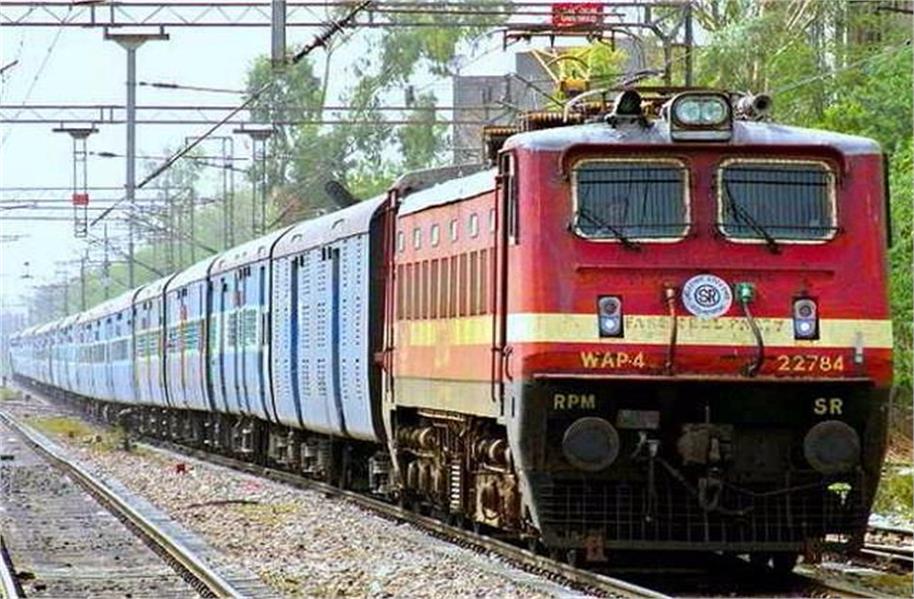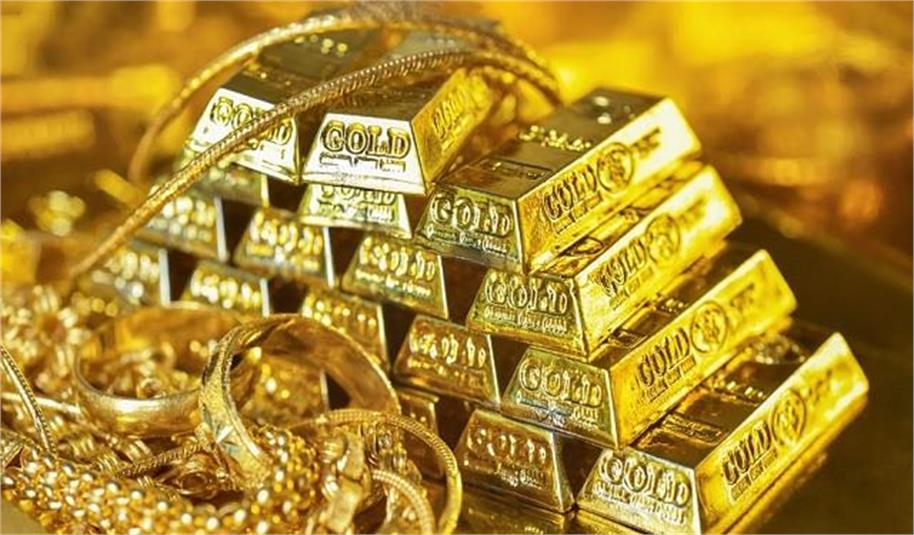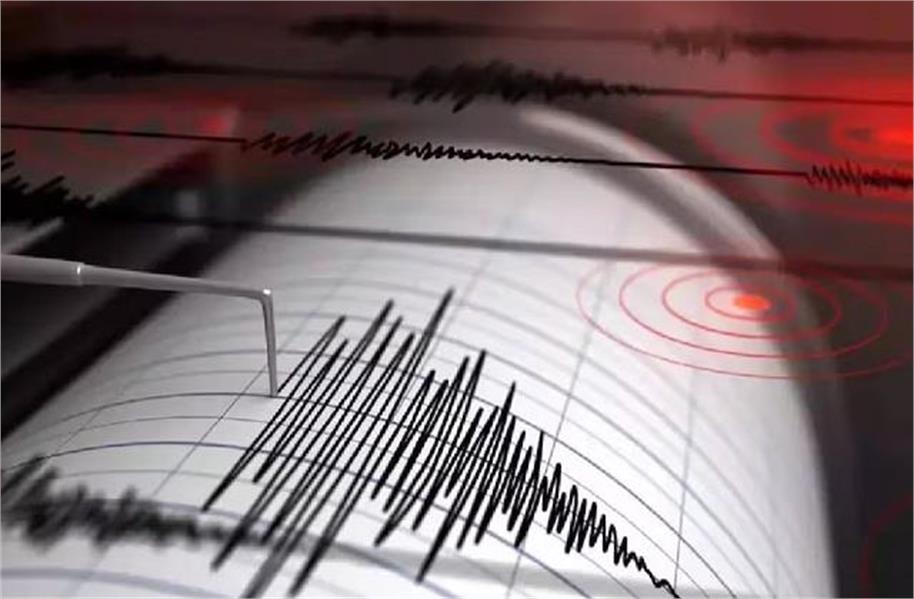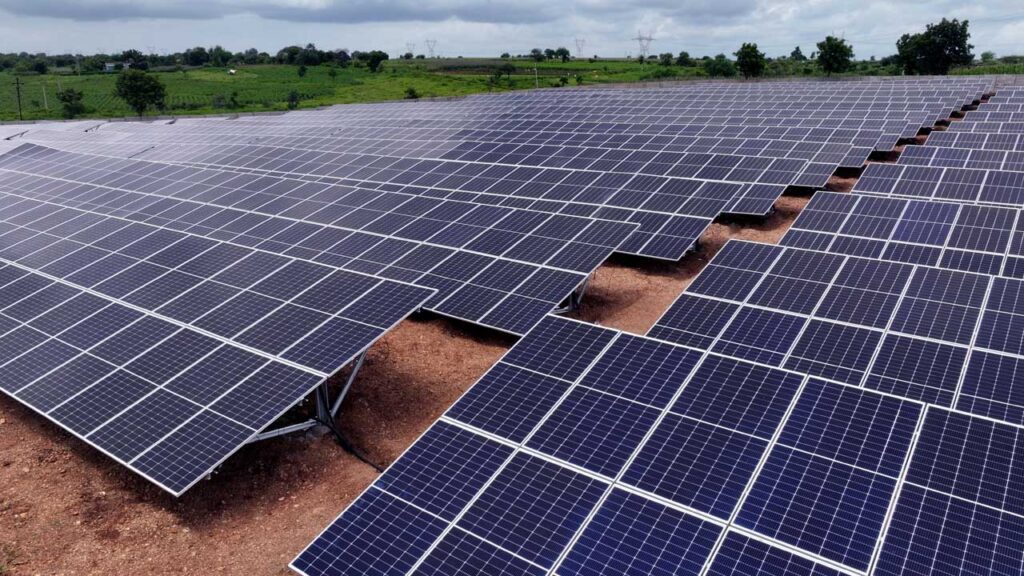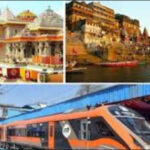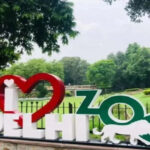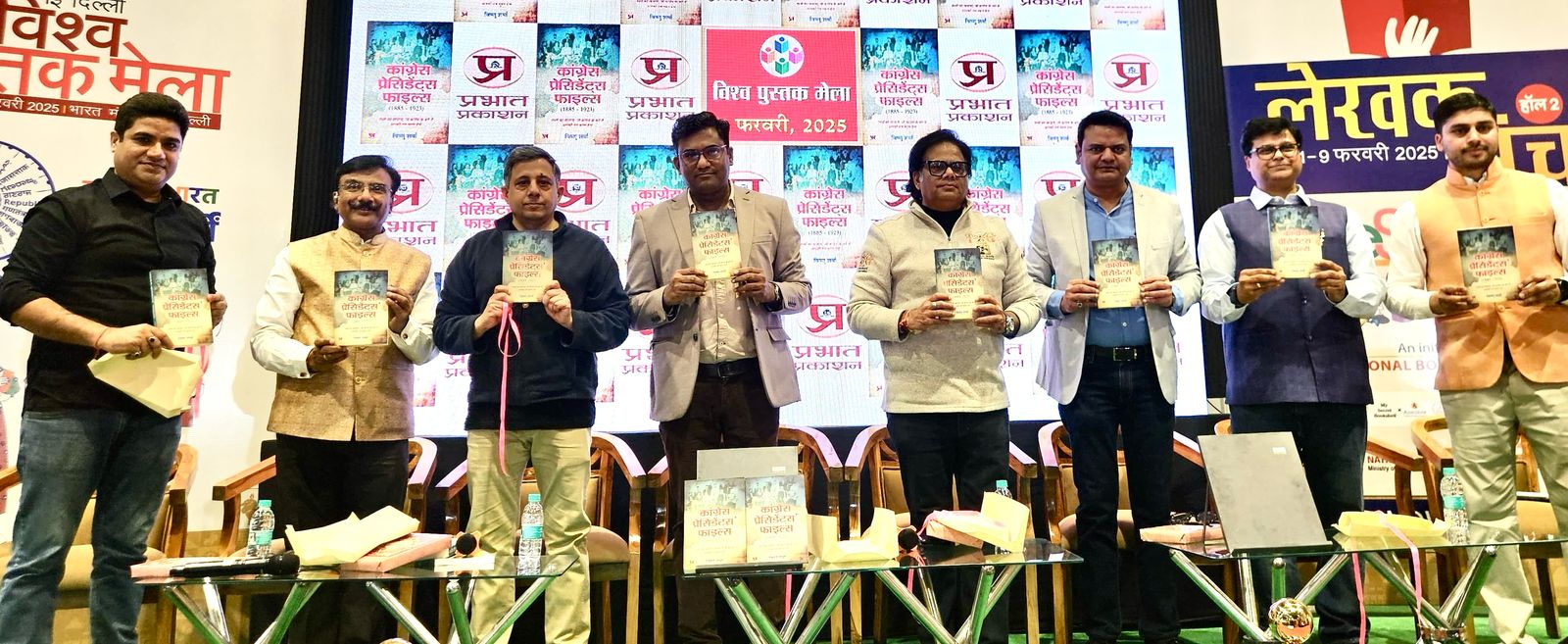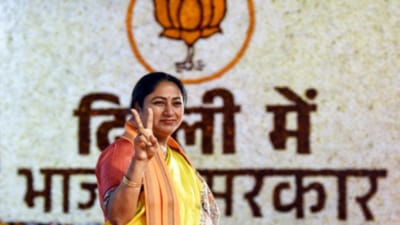U-Special Buses Return to Delhi Roads, Students to Enjoy Live Radio During Rides
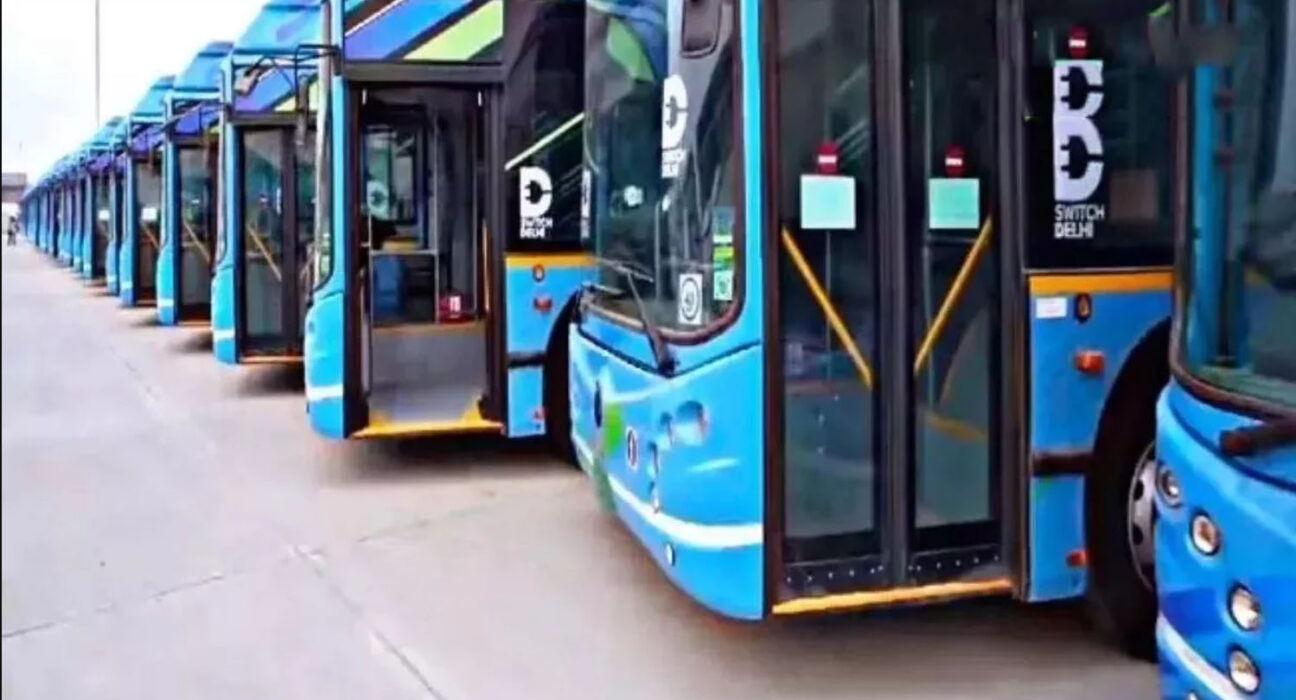
New Delhi: A new chapter in student transportation has begun for Delhi University (DU) and nearby college students. The Delhi Transport Corporation (DTC) has launched 25 new U-Special buses to make commuting easier and more convenient.
These buses will connect North Campus, South Campus, JNU, IIT Delhi, and major residential areas. On Thursday, Delhi Chief Minister Rekha Gupta flagged off the service from DU’s North Campus, in the presence of Vice Chancellor Prof. Yogesh Singh.
The routes have been carefully designed to ensure maximum convenience for students. Some of the key connections include Narela to Patel Chest, Najafgarh to Aurobindo College, Poorvanchal Hostel to Ramjas College, and Rithala Metro to Aditi College.
The schedules are aligned with college timings, much like the earlier U-Special services. The U-Special initiative first began in 1971, and by the 1990s, nearly 400 buses were operational across Delhi. However, after 2009, the numbers began to decline, and by 2020, the service was completely shut down—accelerated further by the COVID-19 pandemic. Now, after five years, the buses are back on the roads.
A Step to Reconnect Youth with Public Transport
The DTC aims to encourage students to use public transport instead of private vehicles, which will not only reduce traffic congestion but also contribute to environmental protection. The U-Special buses are being positioned as a student-friendly, sustainable, and modern mode of transport.
First-Time Feature: Live Radio Onboard
For the first time in Delhi-NCR, buses will have live radio channels, making journeys more enjoyable for students. Along with music, these channels will broadcast government messages and social awareness campaigns. Passengers will also be able to engage with the system through QR codes and WhatsApp.
Electric Buses in Delhi
Delhi today leads the country in terms of electric buses. By mid-2025, a total of 2,949 electric buses are operational in the city. Out of these, 2,210 are managed by DTC and 739 under the cluster scheme. These zero-emission buses underline the government’s commitment to clean and sustainable public transport.



